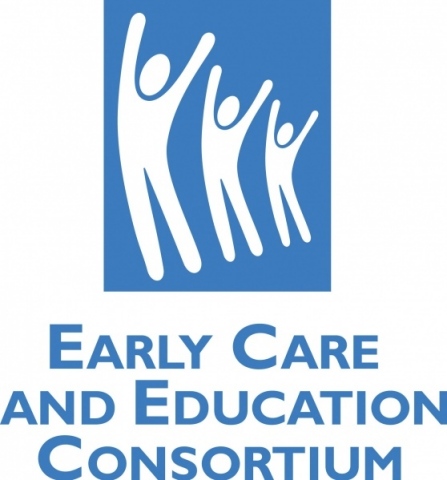Child Care Should Be Top Priority For 1st Wave Of Economic Reopening
Child Care Should Be Top Priority For 1st Wave Of Economic Reopening
Working Americans depend on quality child care
67% of American children under six have all available parents participating in the workforce
WASHINGTON--(BUSINESS WIRE)--In response to the White House’s blueprint to reopen the U.S. economy, the Early Care & Education Consortium disputed the categorization of child care as a “Phase Two” priority and underscored that child care is essential to the country’s economic recovery and the ability for Americans to return to work from the COVID-19 crisis.
Today’s classification of a “Phase Two” priority stands in stark contrast to the “Framework for Reopening America,” prepared by the U.S. Center for Disease Control and Prevention (CDC) and Federal Emergency Management Agency (FEMA), which deemed “community settings where children are cared for” as our nation’s “first priority” in order to begin the United States’ economic recovery.
“As our nation’s leaders begin to plan for getting America safely back to work, they must ensure that parents can actually return to work – 67% of American children under six have all available parents participating in the workforce,” said ECEC Executive Director Radha Mohan. “The child care and early education industry should be designated as a ‘Phase One’ priority and recognized as essential to the reopening of the U.S. economy. Without a sufficient level of quality child care in this country, families will be unable to return to work, which will significantly stifle America’s economic rebound when it desperately needs to get back on track.”
“The child care sector was overlooked by Congress in the most recent stimulus bill,” said Tom Wyatt, CEO of KinderCare Education, the nation's largest private provider of early childhood education and care. “We know that when the economy begins to recover, hardworking families across the country will need quality childcare. Congress and the Administration must take action to make early education a ‘first priority’ so that parents and child care providers emerge ready for what’s ahead.”
ECEC recommends that Congress and the Administration implement the following policies to mitigate the current crisis and ensure that working parents be able to return to the labor force when able:
- Child care stabilization measures for mid-to-large providers—access to capital to address liquidity shortfalls ($450 billion Treasury Fund)
- Relief Through SBA Loans—Addition of NAICS Code 62, similar to the relief provided to restaurants and hospitality industry
-
Assistance for families who may have seen a decrease in wages prior to their return to the workforce:
- Increase eligibility and assistance through the Child and Dependent Care Tax Credit
- Increase contribution limits to DCAP FSAs and provide incentive for companies to provide child care assistance to employees
- Consider creation of a Child Care Tax Credit
-
Assistance for child care companies as they reopen:
- Economic recovery will happen in waves—families will not return at the same time. Timeline will very state-by-state.
- Centers may need to operate programs that are not at full capacity to accommodate parents that return to work during the early stages of economic recovery. Operational costs may exceed revenue for a few months.
- Child care centers will face also face increased costs to train teachers on new health and safety measures.
- Centers may need to invest in changes to curriculum to accommodate children who have not had access to an educational setting in months.
ABOUT ECEC
The Early Care and Education Consortium (ECEC) is a non-profit alliance of the leading Multi-State/Multi-Site Providers, key State Child Care Associations, and premier Educational Services Providers representing over 6,000 programs in 48 states, the District of Columbia and Puerto Rico. Our Members serve as the unified collective voice for Providers of high-quality programs and services that support families and children from diverse cultural and socio-economic backgrounds. We are advocates for strong federal and state policies that bring quality to scale.
Contacts
MEDIA CONTACT
TJ Tatum
Sard Verbinnen & Co.
Tel: 954-649-3581
Email: ttatum@sardverb.com
